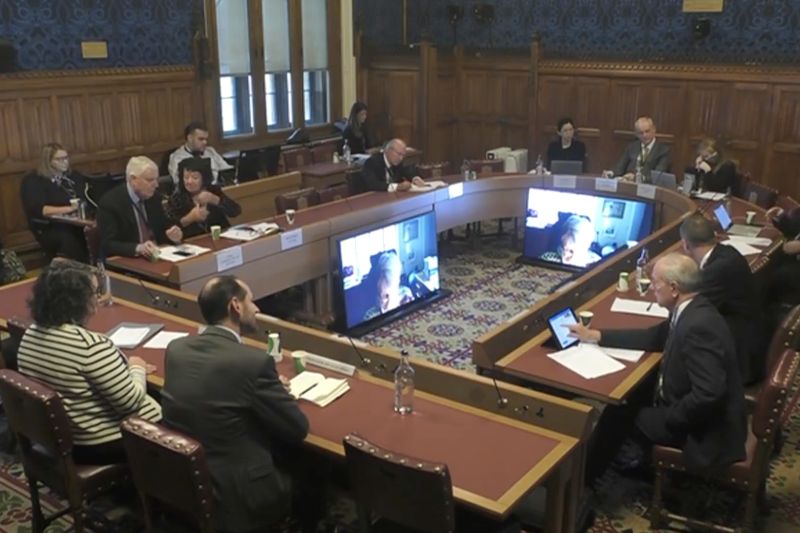

The next part of the UK Government’s MMC inquiry underscores the vital role of government support.
Increased government assistance is essential for the industry to achieve MMC housing objectives, an expert advises members of the House of Lords.
An academic informs members it’s “very difficult for the supply side to do this on their own”. The government must play a more proactive role in fostering the most advanced modern methods of construction (MMC), as communicated to a House of Lords committee.

Researchers from the University of Manchester’s business school provided evidence on November 14 to the Lords Built Environment Committee.
Dr Suzanne Peters, a research associate at the Alliance Manchester Business School, expressed optimism that MMC could aid the government in reaching its annual target of constructing 300,000 homes. However, she noted that housebuilding targets have been unmet for decades now.
Watch the entire proceedings HERE
Dr Peters remarked that achieving this would require “significant, concerted, and sustained effort” which the sector has not yet seen.
When asked about who should exert this effort, Peters emphasised the government’s responsibility to back the industry. “It is very difficult for the supply side to do this on their own,” she asserted.
She noted the industry, burdened with the responsibility for these changes, finds it challenging due to its size, complexity, fragmentation, and the small scale of many involved entities operating on tight margins.
Leaving such entities in charge of major changes is deemed unrealistic and difficult. Hence, she believes the government has a crucial role to play.
Regarding the government’s current initiatives to promote MMC, Peters criticised the stipulation that 25% of homes in the Affordable Homes Programme use MMC as ineffective.
“The 25% applies broadly to MMC, covering all seven categories, which vary widely. The most advanced category, category one, wasn’t specifically targeted for funding in affordable homes. This raises many questions regarding the measurement of this requirement.”
Peters suggested that due to the higher costs of category one, any governmental efforts to promote it would need financial backing.
She highlighted that expecting local authorities to spend 10% more on category one due to a government mandate seems unfair unless the government offsets the costs until category one becomes more economical. She referred to Constructing Excellence’s estimation that scaling up category one production could reduce costs by a third, from £3,000 (AUD $5,700) per sq m to £2,000 (AUD $3,800).